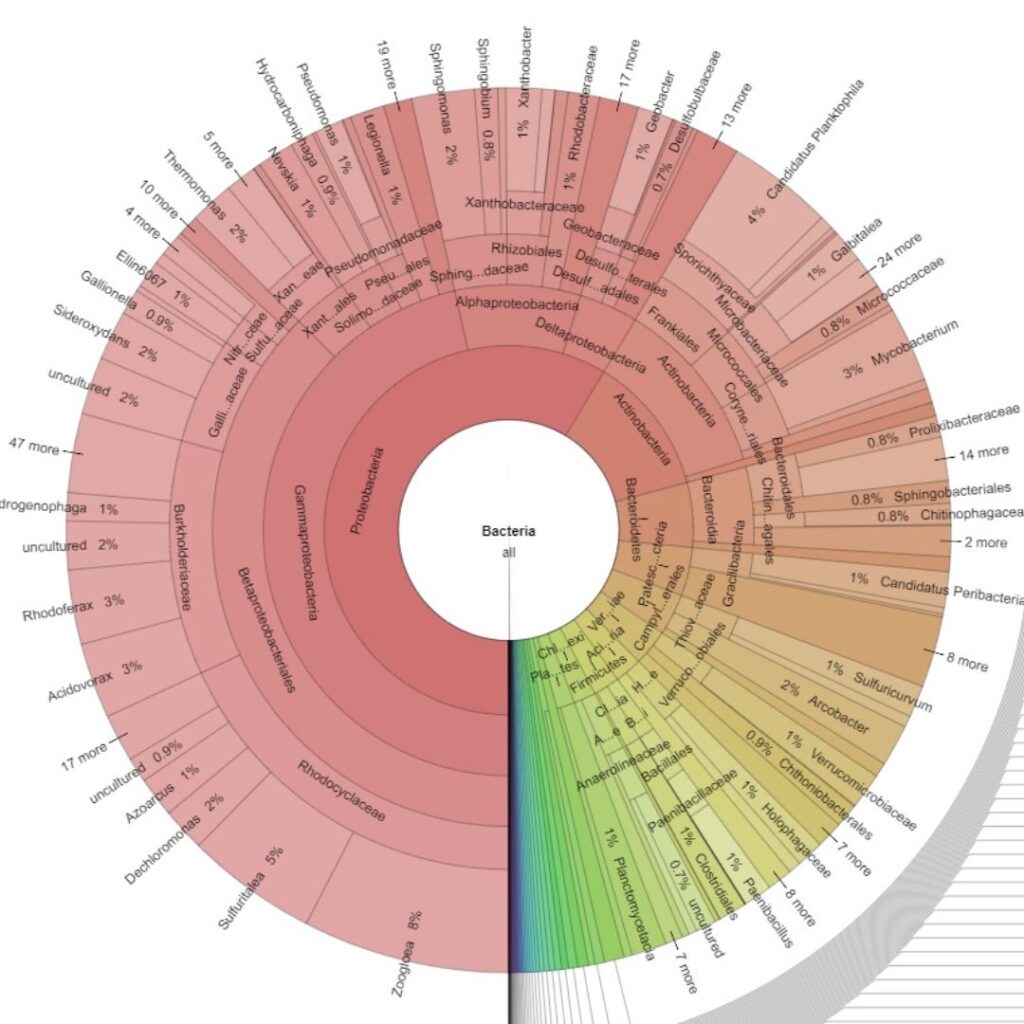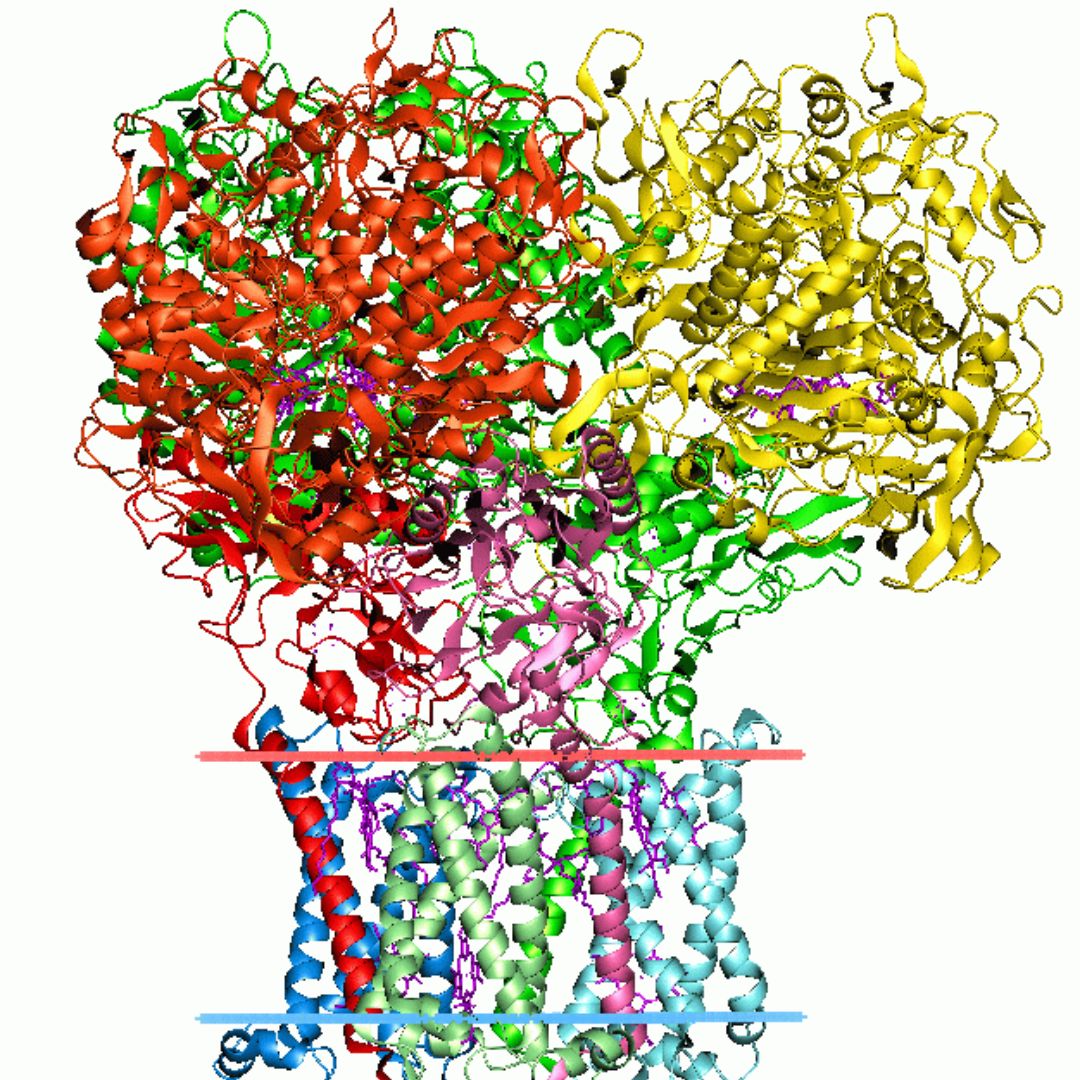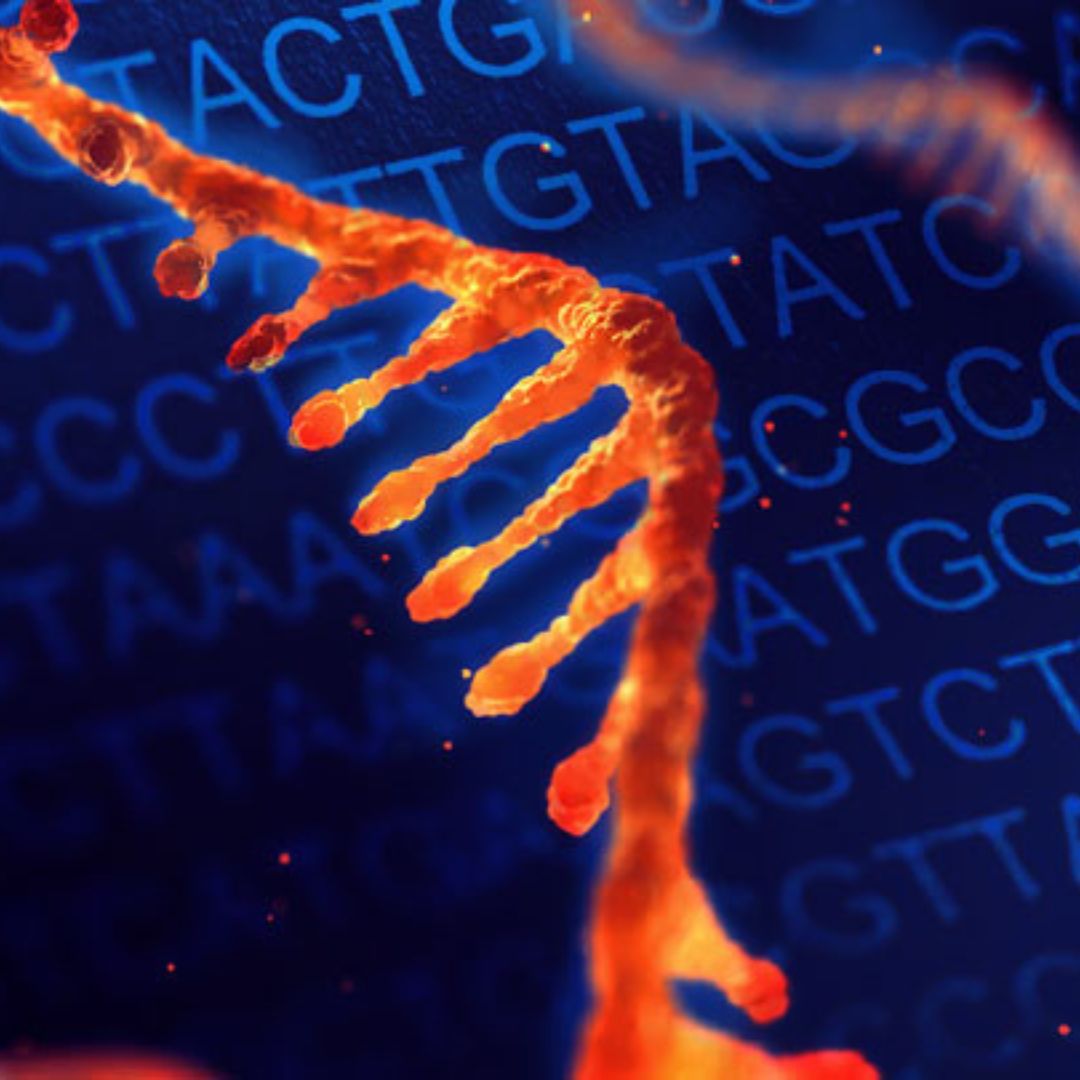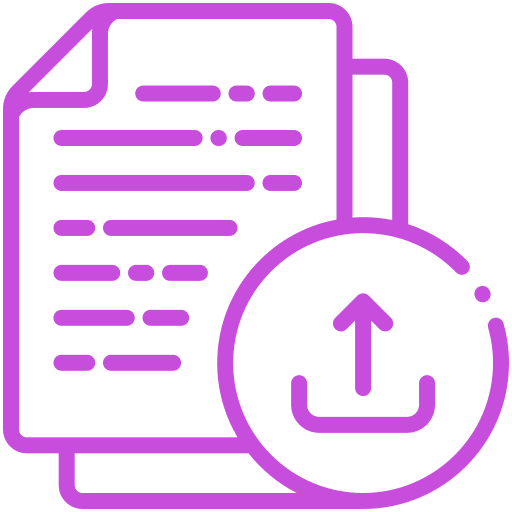RESEARCH PROJECTS
Bioinformatics Dissertation Projects
A Comprehensive & Intensive Hands-On Command line software based Offline Training program



Intensive Learning

Hands-On Exercise

Interactive Sessions

Individual Practice
"OFFLINE HAND-ON INTENSIVE PROGRAM"
Introduction to Bioinformatics Dissertation
Bioinformatics dissertation projects represent a crucial component of advanced academic programs, providing students with the opportunity to apply computational techniques to complex biological questions. These projects are pivotal in bridging the gap between theoretical knowledge and practical application, fostering innovation and discovery in the life sciences.
A bioinformatics dissertation project typically involves analyzing large datasets to uncover insights into genetic sequences, protein structures, or metabolic pathways. Students might explore topics such as genomic data analysis, where they identify genetic mutations associated with diseases, or protein modeling, which helps in understanding the structure-function relationships of proteins. Other popular areas include systems biology, where the focus is on understanding the interactions within biological networks, and pharmacogenomics, which involves studying how genetic variations affect individual responses to drugs.

Applications of Bioinformatics Dissertation
In this section we are discussing some of the potential areas of application of Bioinformatics Dissertation & how it can be helpful in these areas to carryout analysis.

Genomic Medicine
Students can explore how genetic variations influence the onset, progression, and treatment of diseases.
Drug Discovery and Development
Dissertation projects can involve virtual screening of chemical compounds, molecular docking studies, and pharmacogenomics to identify potential drug candidates and predict their efficacy and safety.
Proteomics and Structural Biology
Projects might focus on protein structure prediction, protein-protein interactions, or the functional annotation of proteins using computational tools.
Microbial Genomics and Metagenomics
Students can analyze the genomes of microorganisms or microbial communities to understand their roles in health, disease, and environmental processes.
Evolutionary Biology
Dissertation projects can involve comparative genomics and phylogenetic analysis to study the evolutionary relationships between species, the origins of genetic diversity, and adaptive evolution.
Different Types of Bioinformatics Dissertation
Majorly, there are 3 different types of Bioinformatics Dissertation so below we have tried to list them down to help you take better decision if this masterclass will be relevant for your learning and be helpful in your intended area of research.

Metagenomics Analysis
Metagenomics focuses on studying genetic material recovered directly from environmental samples, allowing for the analysis of entire microbial communities.

Structural Bioinformatics
Structural bioinformatics involves the prediction and analysis of the three-dimensional structures of biological molecules, such as proteins, nucleic acids, and small molecules.

Transcriptomics Data Analysis
Transcriptomics is the study of all RNA molecules, including mRNA, in a biological sample, providing insights into gene expression patterns under different conditions or treatments.
Modules for Bioinformatics Dissertation
Bioinformatics Dissertation projects are instrumental in advancing both the academic and practical expertise of students. By tackling real-world biological problems with computational methods, these projects contribute significantly to the field of bioinformatics and the broader scientific community.
Machine Learning for Malaria Classification using Haematological Parameters
This three-month Dissertation Project focuses on using Machine Learning (ML) for malaria classification based on hematological parameters. Designed for data scientists and healthcare professionals, the course includes ten critical topics:
- Introduction to Malaria and Hematological Parameters
- Fundamentals of Machine Learning
- Data Collection and Preprocessing
- Feature Selection and Engineering
- Classification Algorithms for Malaria Detection
- Model Training and Evaluation
- Handling Imbalanced Datasets
- Integration with Clinical Data
- Visualization and Interpretation of Results
- Case Studies and Real-World Applications
Participants will gain hands-on experience in applying ML techniques to analyze hematological data for malaria classification. By the end of the training, attendees will be proficient in developing and evaluating ML models to support accurate and efficient malaria diagnosis and treatment.
COVID 19 Detection using Machine Learning and Dashboard Creation
This three-month dissertation project focuses on developing and implementing machine learning models for COVID-19 detection, complemented by creating an interactive dashboard for real-time analysis. The project encompasses ten key topics:
- Overview of COVID-19 Detection Techniques
- Introduction to Machine Learning for Health Data
- Data Collection and Preprocessing
- Feature Selection and Engineering
- Developing Classification Models for COVID-19
- Model Evaluation and Optimization
- Integrating ML Models with Clinical Data
- Dashboard Design and Development
- Data Visualization and User Interface
- Case Studies and Application Scenarios
Participants will engage in hands-on development of machine learning algorithms for accurate COVID-19 detection and create a dynamic dashboard to visualize and interpret results. By the end of the project, attendees will have a functional system for real-time COVID-19 monitoring and analysis, combining advanced ML techniques with practical data visualization tools.
Tumor Detection with CT Scan & MRI using Deep Learning (CNN & VGG16)
This three-month dissertation project focuses on utilizing deep learning techniques for tumor detection in CT and MRI scans. The project involves developing and applying Convolutional Neural Networks (CNN) and VGG16 architectures to enhance diagnostic accuracy. Key topics include:
- Introduction to Tumor Detection and Imaging Modalities
- Basics of Deep Learning and Neural Networks
- Data Collection and Annotation of CT and MRI Scans
- Preprocessing and Augmentation Techniques
- Building Convolutional Neural Networks (CNNs)
- Implementing VGG16 for Tumor Detection
- Model Training and Hyperparameter Tuning
- Evaluation Metrics and Model Validation
- Integration of Models with Diagnostic Tools
- Case Studies and Practical Applications
Participants will gain hands-on experience in designing, training, and evaluating deep learning models for tumor detection, applying advanced techniques to real-world medical imaging challenges, and contributing to enhanced diagnostic tools.
TakeAway From Bioinformatics Dissertation
Apart from the topics mentioned above there are a few extra things which you can take away from this bootcamp, which will be adding more value to your work
A Participations certificate is a must after successfully completing the training as a sign of accomplishment.

During the sessions we will be using 2 different case studies, in order to better deal with the topic.

A complete step-wise protocol will also be provided to take help from during & after the masterclass.

During the course of 3 days we will be have live 20+ hourse of training sessions with the participants.

An introductory theory document to help you better understand the subject will also be provided.

Hands-On exercises are a must to better learn any technology and be able to reproduce it later.

Expected Outcomes of Bioinformatics Dissertation
After completing all the tasks of this masterclass all of our participants will be able to:
By conducting thorough data analysis, interpreting results, and drawing meaningful conclusions, students produce research outputs that are suitable for publication in peer-reviewed journals.
They learn to formulate research questions, design experiments, troubleshoot computational challenges, and evaluate the validity and significance of their findings and critical thinking abilities.
Dissertation projects in bioinformatics require students to develop advanced computational skills, including proficiency in programming languages, statistical analysis, and the use of bioinformatics software and databases.
Completing a bioinformatics dissertation project prepares students for careers in academia, industry, or government agencies. By demonstrating their research skills, technical expertise, and ability to work independently
Book A Free Appointment for More Details
Terms & Conditions
- All fee paid is not refundable so please read all the terms & conditions before making any payments. If you still have any doubts please contact us and confirm and then only make the payment.
- Participants need to bring their registration tickets along with a valid Institutional ID, then only they will be allowed to attend the session. Please reach out to our team in case of any exceptions.
- Please fill all your details in the form correctly as those details will be used in your certificate as well.
- Participants need to bring their own computer (laptop) system for the program.
- The software tools and other required software tools will be provided from our side for the purpose of this program.
- Participants need to reach the venue and report 30 minutes prior to the start of the sessions.
- Participants need to wear masks all the time inside the premises and abide by the other rules at the premises.
- Particpants need to attend all the sessions in order to be eligible for getting the certificate.
- Welcome email will be sent to all the participants with all the details related to the program. Please check your Inbox/Spam folder for the email.
- All the details of the software installations and how to prepare your system for the Program will be shared with all the participants in the Welcome Email itself.
Contact Us
We understand that you may have some questions before you make the payment for the course. Feel free to get in contact with us through the below given options.
Feel free to drop us a text on
For More Contact Information
